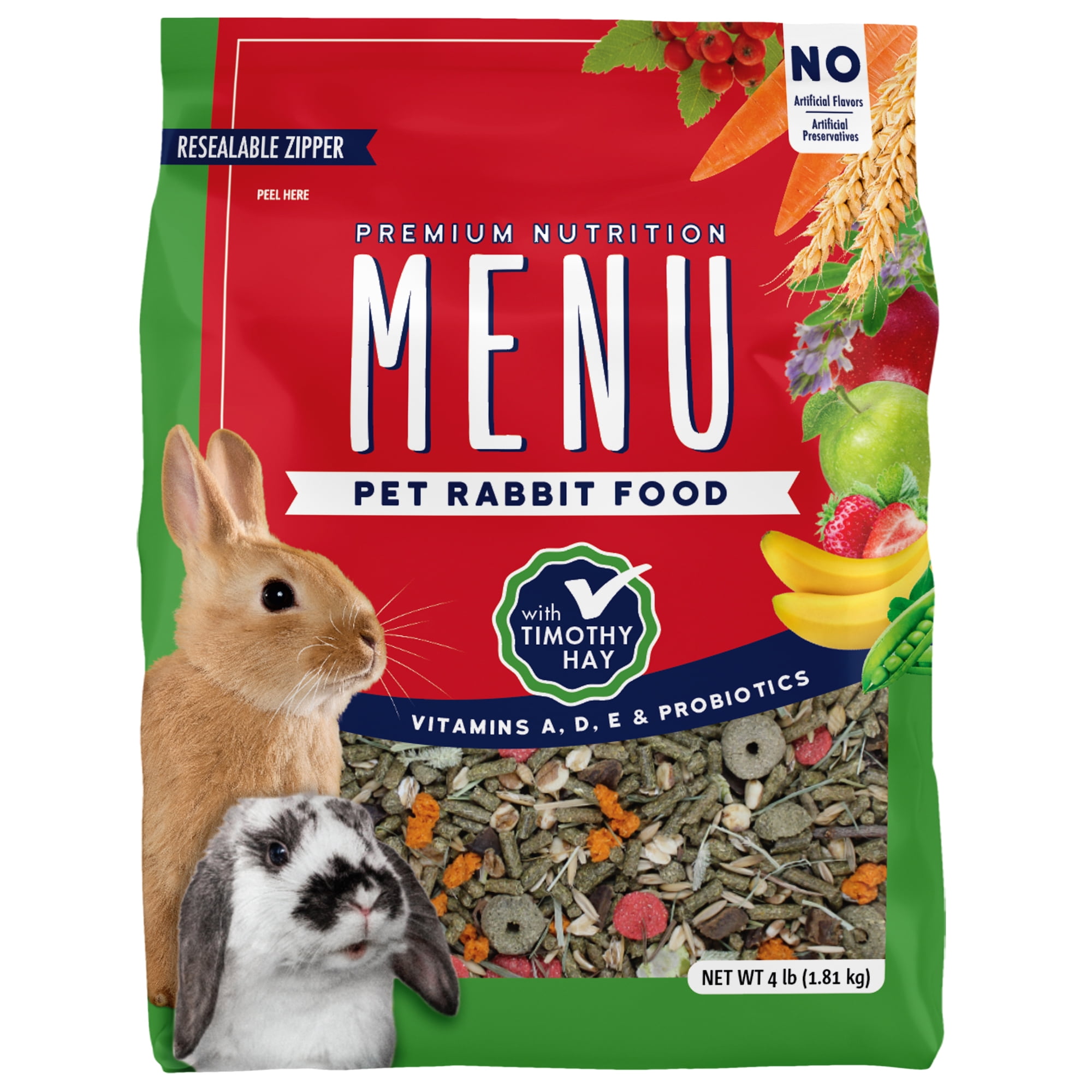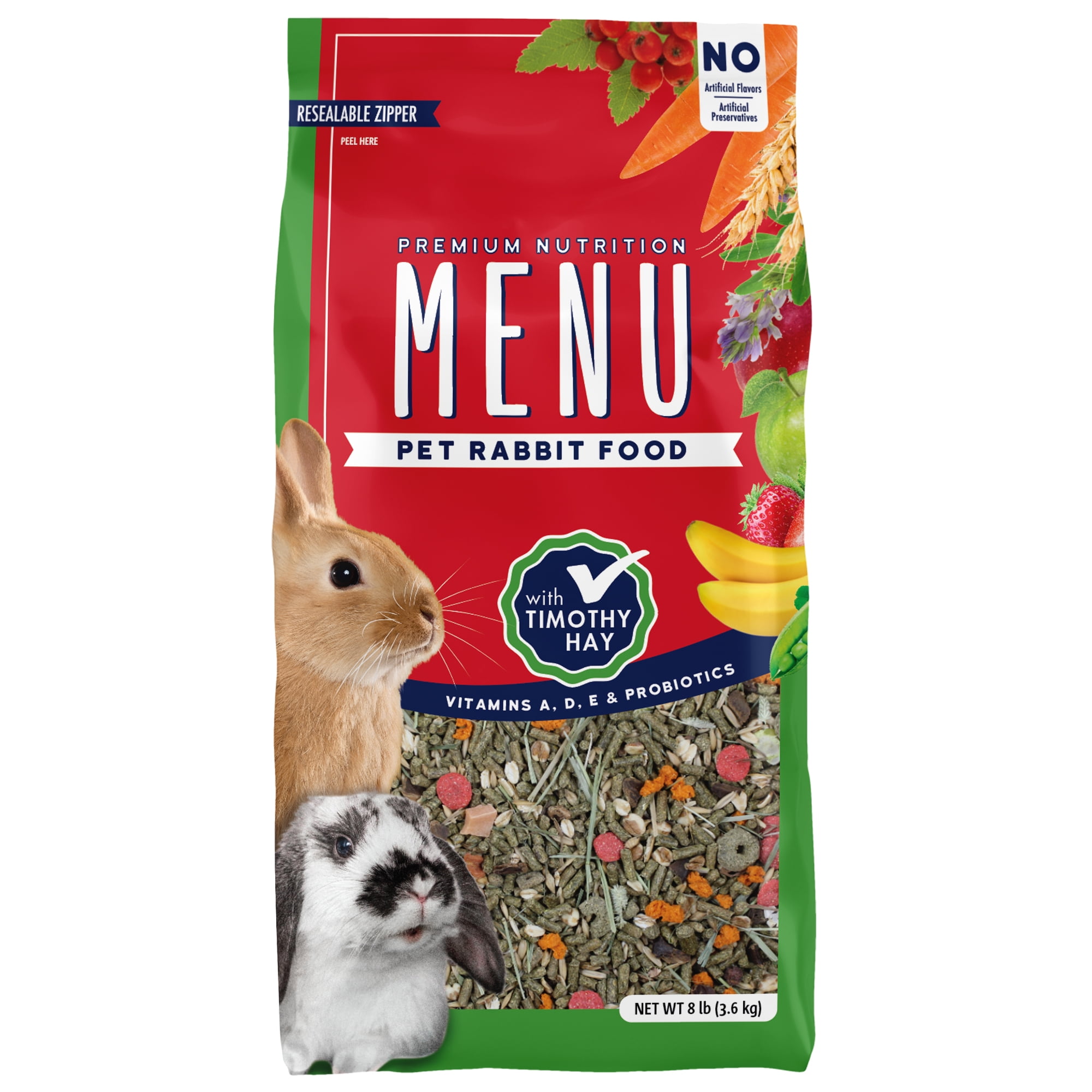
The Ultimate Guide to Rabbit Food: Timothy Hay and Pellets
Rabbits are adorable, intelligent creatures that make wonderful pets. Providing them with proper care is essential for their health and well-being. One of the most important aspects of rabbit care is their diet. A balanced diet, primarily consisting of timothy hay and supplemented with pellets, is crucial for maintaining a healthy and happy bunny. This article delves into the specifics of feeding your rabbit with timothy hay and pellets, ensuring they receive the nutrients they need to thrive.
Why Timothy Hay is the Cornerstone of a Rabbit’s Diet
Timothy hay should make up the majority (approximately 80%) of a rabbit’s diet. It is a type of grass hay that provides several essential benefits for rabbits:
Dental Health
Rabbits’ teeth are constantly growing. Chewing on timothy hay helps to wear down their teeth naturally, preventing overgrowth and dental problems. Dental issues are extremely common in rabbits, and a diet lacking sufficient fiber can lead to serious health complications. The coarse texture of timothy hay is ideal for this purpose.
Digestive Health
Timothy hay is rich in fiber, which is essential for proper digestion in rabbits. Fiber helps to keep the digestive system moving and prevents issues like GI stasis, a potentially life-threatening condition where the digestive system slows down or stops. The long strands of fiber in hay stimulate gut motility and promote healthy bacteria growth in the cecum (a pouch-like structure in the rabbit’s digestive system).
Nutritional Value
Timothy hay provides essential nutrients, including vitamins and minerals, that contribute to a rabbit’s overall health. While it’s not a complete source of all nutrients, it forms the foundation for a healthy diet.
Variety of Hay Types
While timothy hay is generally recommended, other grass hays like orchard grass and oat hay can also be offered, especially to provide variety. Avoid alfalfa hay for adult rabbits, as it is too high in calcium and protein and can lead to health problems.
Understanding Rabbit Pellets: A Supplement, Not a Staple
Rabbit pellets are a concentrated source of nutrients that can supplement a diet primarily based on timothy hay. However, it’s crucial to understand that pellets should only make up a small portion of a rabbit’s diet (approximately 10-20%).
Choosing the Right Pellets
When selecting rabbit pellets, look for those that are:
- High in Fiber: Aim for pellets with at least 18% fiber.
- Low in Protein: Protein content should be around 14-16%.
- Low in Fat: Fat content should be around 2-3%.
- Timothy Hay-Based: The primary ingredient should be timothy hay, not alfalfa.
- Plain and Unfortified: Avoid pellets with added seeds, nuts, dried fruits, or artificial colors. These additives are often high in sugar and can be detrimental to a rabbit’s health.
Why Limit Pellet Intake?
Overfeeding pellets can lead to several health problems:
- Obesity: Pellets are calorie-dense, and overconsumption can lead to weight gain.
- Dental Problems: Relying too heavily on pellets can reduce hay consumption, leading to dental issues.
- Digestive Issues: Too many pellets can disrupt the delicate balance of the rabbit’s digestive system.
- Selective Eating: Rabbits may become accustomed to the taste of pellets and refuse to eat hay, which is essential for their health.
Proper Pellet Portion Sizes
The appropriate amount of pellets to feed your rabbit depends on their age, weight, and activity level. A general guideline is:
- Adult Rabbits (over 6 months): Approximately 1/4 cup of pellets per 5 pounds of body weight per day.
- Young Rabbits (under 6 months): Can have unlimited access to alfalfa-based pellets. Transition to timothy-based pellets around 6 months. (Consult with your vet)
Always consult with your veterinarian to determine the ideal pellet portion size for your individual rabbit.
Fresh Vegetables: A Healthy Treat
In addition to timothy hay and pellets, fresh vegetables can be offered as a daily treat. Introduce new vegetables gradually and monitor your rabbit’s stool for any signs of digestive upset. Safe and healthy vegetables include:
- Leafy Greens: Romaine lettuce, kale, parsley, cilantro, dandelion greens.
- Other Vegetables: Carrots (in moderation due to sugar content), bell peppers, broccoli (in moderation).
Avoid vegetables that are high in starch or sugar, such as potatoes, corn, and beans.
Water: Always Available
Fresh, clean water should always be available to your rabbit. You can provide water in a water bottle or a heavy ceramic bowl. Change the water daily and clean the bottle or bowl regularly to prevent bacteria growth.
Transitioning to a New Diet
If you need to change your rabbit’s diet, do so gradually over a period of several days or weeks. Slowly introduce the new food while reducing the amount of the old food. This will help to prevent digestive upset.
Common Feeding Mistakes to Avoid
Here are some common mistakes to avoid when feeding your rabbit:
- Feeding too many pellets: As mentioned earlier, pellets should only be a small part of the diet.
- Feeding alfalfa hay to adult rabbits: Alfalfa is too rich in calcium and protein for adult rabbits.
- Feeding sugary treats: Avoid giving your rabbit sugary treats like fruits, crackers, or yogurt drops.
- Not providing enough hay: Timothy hay should be available at all times.
- Sudden diet changes: Always transition to a new diet gradually.
- Ignoring dental problems: Ensure your rabbit has plenty of hay to chew on to maintain good dental health.
Conclusion: A Happy and Healthy Bunny Through Proper Nutrition
Providing your rabbit with a balanced diet of timothy hay, supplemented with a limited amount of high-quality pellets and fresh vegetables, is crucial for their health and well-being. By understanding the importance of each component of their diet and avoiding common feeding mistakes, you can help your rabbit live a long, happy, and healthy life. Always consult with your veterinarian if you have any questions or concerns about your rabbit’s diet.

